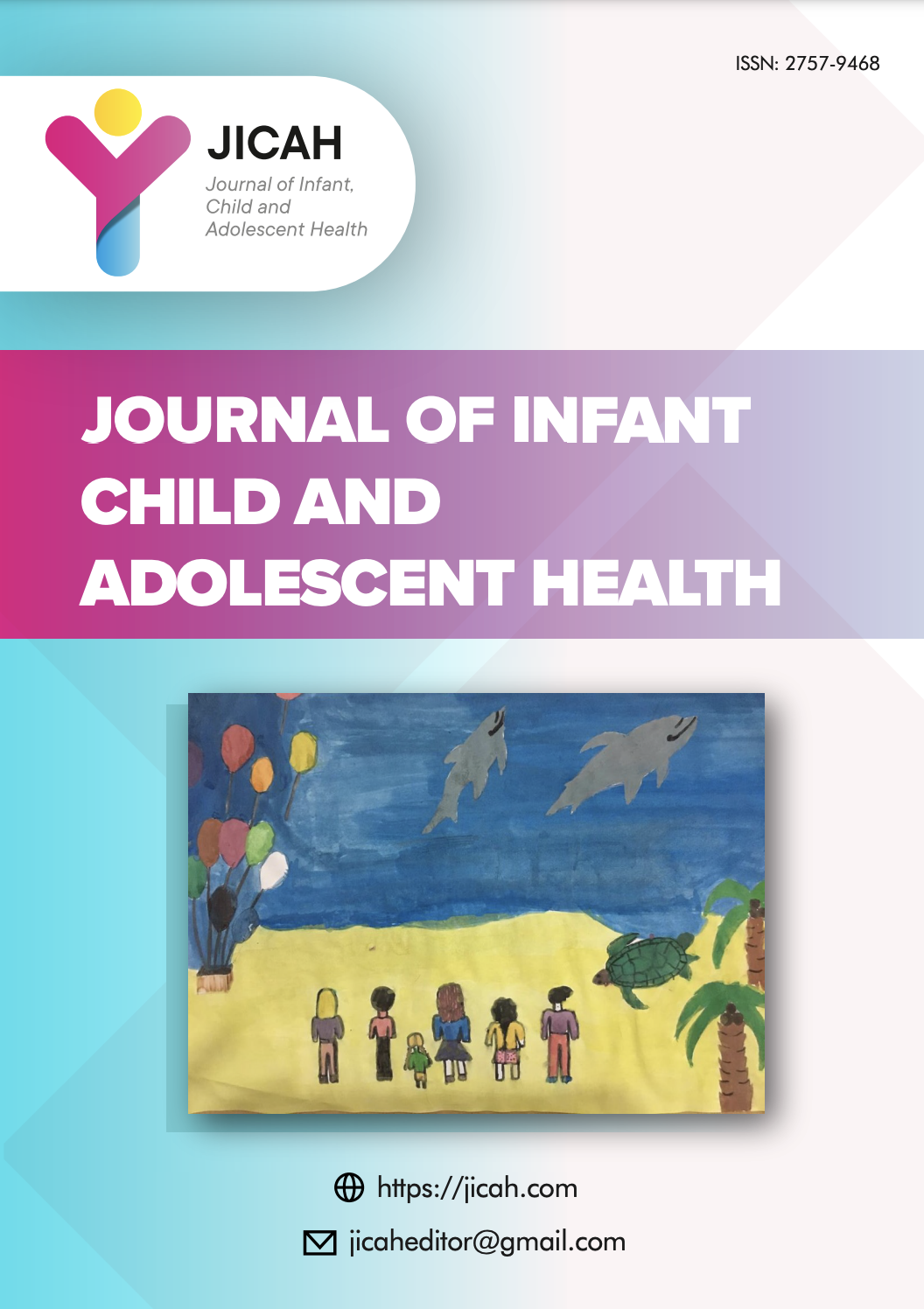Determining the relationship between dysmenorrhea and emotional eating in young women
Keywords:
Dysmenorrhea, emotional eating, menstruationAbstract
Aim: The research aimed to evaluate the relationship between dysmenorrhea and emotional eating in young women. Method: The descriptive research was done with 259 female students who were undergraduates. The socio-demographic form, Visual Analog Scale (VAS), and the Salzburg Emotional Eating Scale (SEES) were used for online data collection. In the evaluation of the data; descriptive statistics (number, percentage, mean, standard deviation) and independent groups t test, Anova test and correlation analysis tests were used, and the significance level was accepted as p<0.05. Results: In the current study conducted with 259 young women with an average age of 20.96 (SD: 2.27), the mean total SEES score of those who stated that they had painful menstruation was significantly higher than those who stated that they did not have dysmenorrhea (p<0.05). The mean scores of those with dysmenorrhea were higher in the SEES subscale scores (p<0.05). Even though the sadness, anger, and anxiety subscales had a positive correlation with SEES mean scores (p<0.01), the happiness subscale had a negative correlation (p>0.05). Conclusion: As a result, food consumption decreased as emotional eating behavior during menstruation regardless of dysmenorrhea in young women.
Downloads
Published
How to Cite
Issue
Section
License
Copyright (c) 2023 Journal of Infant, Child and Adolescent Health

This work is licensed under a Creative Commons Attribution 4.0 International License.



